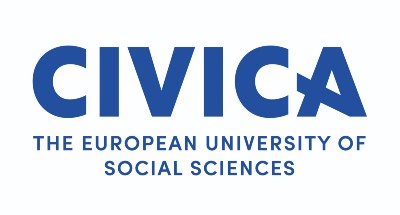
Of all the humanities and social sciences disciplines, perhaps the most resistant so far to ‘open science’ ideas has been history, especially where scholarship has been based on skilled archival research and the sources involved are not digitized. Yet Dr Anton Howes has argued that the time has come for a far greater opening up of history to open science and open social science methods in order:
- To enhance the reproducibility of historical ‘facts’;
- To encourage the far greater digitization of sources; and,
- To make knowledge of archival data more accessible to a wider range of readers (going beyond just experts in archival work) in order to stimulate greater interest and literacy about historical scholarship.
A number of issues have also been raised by more ‘conservative’ voices, including:
- Concerns about the management of evidence in fields where both digitized and non-digitized sources exist. The counter-argument is that this already happens in areas like contemporary history without there being major problems;
- Anxieties that open access and/or already digitized sources will ‘crowd out’ closed access and/or non-digitized ones, leading to a narrowing of sources for the historical canon. Again, this problem has not occurred in contemporary history, and historians have strong incentives to ‘surface’ new sources and develop scholarship drawing on them; and,
- Concerns that lack of expertise in archival research could lead to easier ‘disinformation’ usages of historical data. The counter-argument is that it is a dated ‘alchemical’ stance to seek to control knowledge by confining document-access only to ‘the initiated’. STEM sciences concern knowledge that is far more esoteric, potentially dangerous and salient, and scientists have evolved successful coping strategies - so too will historians (as indeed they already have for archival misuses).
Dr Anton Howes, a historian of innovation, will outline the main issues in opening up historical research, and discuss questions with Professor Patrick Dunleavy and audience members.
Speakers
Dr Anton Howes is Head of Innovation at The Entrepreneurs Network, a UK-based think tank focused on encouraging innovation and entrepreneurship. He is currently writing a book on why innovation accelerated in the eighteenth century in Britain, which in turn led to the Industrial Revolution. In addition, he is historian-in-residence at the Royal Society for the Encouragement of Arts, Manufactures, and Commerce, having written its latest history. His Age of Innovation newsletter on substack is widely read.
Professor Patrick Dunleavy FBA FAcSS, Emeritus Professor of Political Science and Public Policy, London School of Economics and Political Science
Moderator
Dr Timothy Monteath, Assistant Professor in Data Visualisation, University of Warwick
The CIVICA institution hosting this event is London School of Economics and Political Science. A Zoom link will be sent directly to registrants a few days before the webinar. If you have any questions regarding this event, please contact Dr Kundai Sithole at k.sithole@lse.ac.uk
Please note that video and audio will be recorded during the entire event and made available, partly or in full, on the channels of CIVICA, its member institutions, and partners. By joining the event, you automatically consent to the recording. If you do not consent to being recorded, please discuss your concerns with the event's host.

